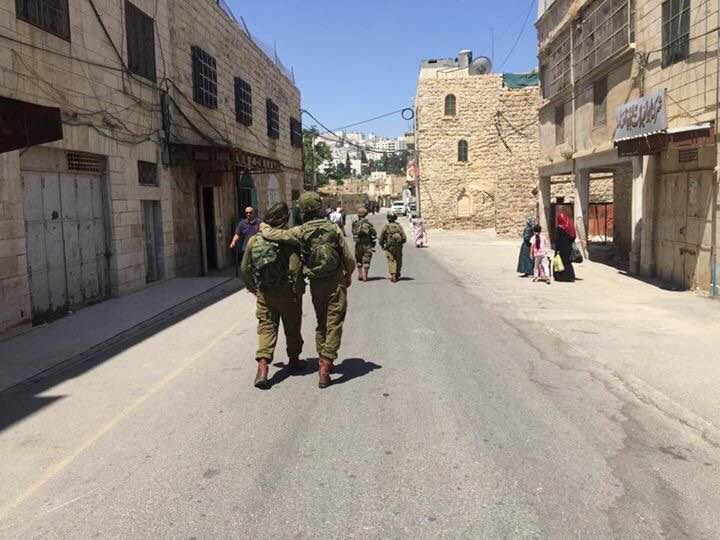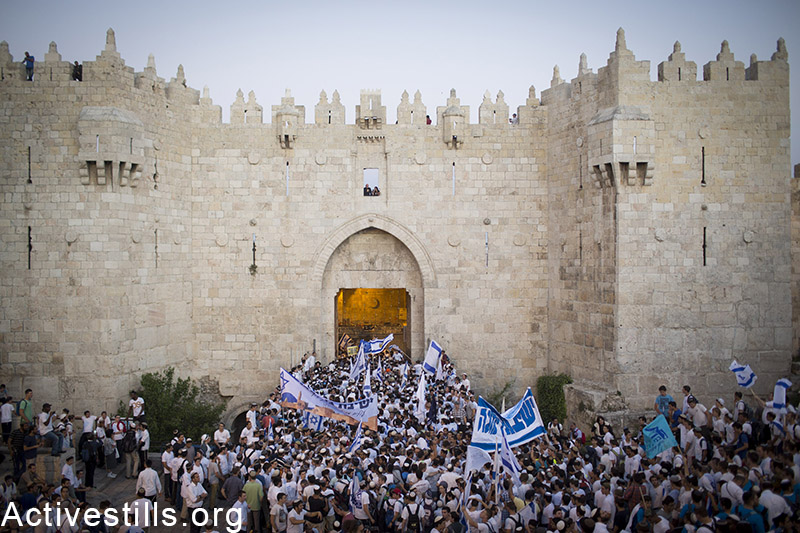Category: Press Releases
-
Shuhada Street 2015: Suffering from Israeli propaganda and ongoing military closure
Hundreds Palestinian shops and warehouses were closed on Shuhada Street by the Israeli army in 1994 following the Ibrahimi Mosque massacre, in which twenty-nine Muslims were murdered during prayer inside Ibrahimi Mosque by Baruch Goldstein, a Jewish settler from Kiryat Arba. In the name of protecting Jewish settlers after the massacre of Palestinians during Ramadan,…
-
Jerusalem Day: Palestinians met with extreme violence
On Sunday 17th May 2015, I witnessed some of the most violent and painfully blatant acts of Apartheid since my time in Palestine. I went to Al Quds for the annual ´Jerusalem Day´, to document the racist chants, commonly known to occur. ‘Jerusalem Day’, or ‘Yom Yerushalayim’ is a zionist celebration of the 6 day…
-
Marianne heads for Gaza today!
10th May 2015 | Ship to Gaza | Gothenburg, Sweden Marianne of Gothenburg will leave her home port at 7 pm on the 10 of May. The trawler, which has been acquired by Ship to Gaza Sweden and Ship to Gaza Norway jointly, departs for a voyage of almost 5000 nautical miles to eastern Mediterranean and the blockaded…



